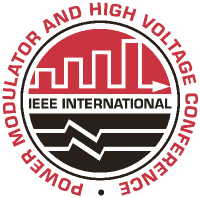Speaker
Mr
David Dodson
(University of Texas at Arlington)
Description
The United States Navy is transitioning its fleet to utilize more high power electrical loads. Many of these loads are not only higher power than previously seen aboard ships, but also operate in a transient nature with loads that are much more capacitive than previously seen. In this transition, efficiency in power conversion has become more important than ever before. Converting AC power to DC power can be very inefficient due to the presence of harmonics. Previous work investigating multi-pulse rectifiers has shown that it is possible to reduce these harmonics through the artificial fabrication of additional phases to input to a rectifier, but in all of these publications, the load has been assumed purely resistive, or slightly inductive in nature. This work presented here investigates the harmonic content of multi-phase rectifiers with large capacitive loads. Six, twelve, eighteen, and twenty-four pulse rectifiers have been simulated using Simulink to predict the reduction of harmonic distortion in each rectifier. Model validation will be carried out using a hardware implementation of each rectifier using a 1 kW three-phase synchronous generator source. This work provides insights into critical issues, such as efficiency, that arise when converting AC power to DC power in order to charge a large capacitive load. The simulations and hardware implementations will be discussed
* This work is supported by the US Office of Naval Research.
Primary author
Mr
David Dodson
(University of Texas at Arlington)
Co-authors
Mr
Brian McRee
(University of Texas at Arlington)
David Wetz
(University of Texas at Arlington)
Mr
Isaac Cohen
(University of Texas at Arlington)
